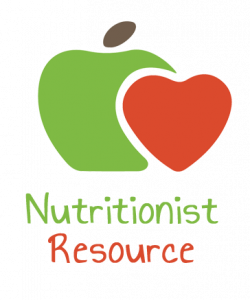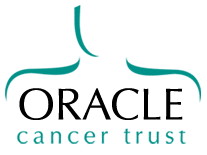How can nutritional therapy support head and neck cancer patients
Written by Maria Rigopoulou, Nutritional Therapist and Nutrigenetics counsellor, member of Nutritionist Resource.

As a nutritional therapist and functional medicine practitioner with an interest in cancer, I get many questions about cancer prevention, through diet and nutrition, but not as many about cancer recovery.
However, this is equally important and necessary. Good nutrition and healthy diet can make a huge difference in a patient’s recovery, regardless of the type of cancer and treatment followed.
Some of the most challenging recovery journeys occur in head and neck patients. This is due to the usual symptoms (pain, discomfort, nausea, weight loss, low mood, lack of energy), coupled with difficulty in swallowing and a very dry mouth for a long period of time. In this instance, it’s not only about getting the right nutrients but also how.
Useful strategies include:
Homemade vegetable juices
Use a selection of different vegetables in a juicer and add a few varieties of fruit for taste and sweetness. Berries are preferable as they have great antioxidants and a thinner texture when juiced. When you feel comfortable, you can build upon the juices, moving into smoothies (using a blender) with a thicker texture. The smoothies are best at room temperature to make swallowing easier and help with the absorption of nutrients.
Adding a probiotic powder into the mix can also help with good gut bacteria and healing a delicate gut if under strain from lots of medication.
Homemade soups and broths (warm, not hot)
Bone broths are particularly effective in healing not only the mucous membranes of the throat and mouth, but the gut lining too. Gut lining is particularly important in this instance since it includes large amounts of natural collagen, an essential building block of all connective tissue.
When cooking bones, grass fed meat/chicken or wild fish is preferable, along with a big selection of your favourite vegetables.
Effective hydration using a straw
Sipping small amounts of water often or a warm herbal tea will help you stay hydrated throughout the day, highly important for recovery. Adding a splash of lemon juice to water in the morning can also be cleansing and supportive for the digestion.
Use good quality fats like olive oil, avocado oil, flaxseed or a good quality omega-3 blend. These shouldn’t be processed, heated or refined (just cold pressed). You can take these separately as a home remedy or add to soups and juices as they’re effective at lubricating the throat, enhancing hydration and soothe any inflammation or discomfort.
Breathe
Practice slow and conscious breathing through the nose by slowing down and being aware of your breath. This can be very calming and healing when anxiety or low-mood strikes or when breathing feels restricted.
Anxiety may also be increased for some patients as breathing may feel restricted. To soothe this feeling, avoid stimulants like coffee, black tea and fizzy drinks that may cause constriction of the throat and produce overall feelings of anxiety.
As things improve, you can start adding protein powders to make soups and juices more substantial: preferably, flax, hemp or rice protein powders. Some research suggests that whey protein powders may aid cancer so best to avoid this protein. When you feel comfortable, slowly introduce foods and textures into your meals, avoiding processed and packaged foods, particularly added sugar.
Nutritionist Resource is a trusted online support service for professional nutritional advice. Visit their dedicated cancer hub for more information.




